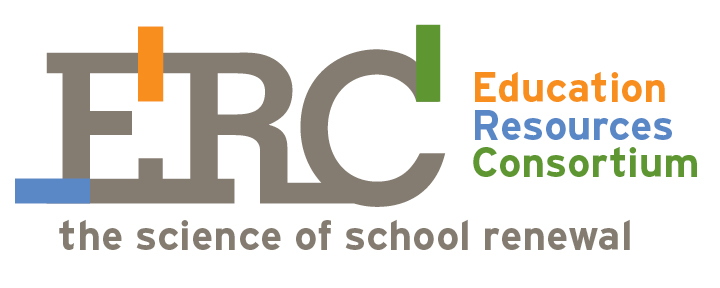Twenty years ago I found myself at a Coalition of Essential Schools conference. It was the annual Fall Forum and it was being held in my home town of Albuquerque. My parents were teachers and they were close friends with Don Whatley, the former head of the Albuquerque Teachers Federation (AFT) who let me join him as his guest. I didn’t really understand why my parents wanted me to go, or why Don cared enough to invite me, but I’m glad I went.
1995 was an exciting time to be a teacher, and an exciting time for public education in the nation. People were feeling free to question what was really working and what wasn't, and more importantly, why or why not? Ted Sizer was at the center of the conversation and his Coalition of Essential Schools' focus on personalized learning for students had captured everyone’s imagination.
A lot has happened since that Fall Forum in Albuquerque. CES has struggled to remain relevant in the age of technology, standardization, and high stakes testing. Their core values of equity, using one’s mind well, and local control have lost their luster as the locus of power has migrated to Washington DC, state capitals, and district central offices.
However, I believe we are coming full circle --now that we’ve been bitten by the many unintended consequences of master planning, where its common to expect every student to be on the same page in the same book at the same time as every other student.
I recently participated in a three-day meeting with a group of organizations from around the country convened by Education Cities. These groups are committed to creating new schools based on the notion of personalized learning. The meetings began with design sessions that worked backward from the needs of students. In most cases, we derived an idea of schools that are remarkably like those envisioned by Ted Sizer twenty years ago, schools that touch the heart and the mind. In other words, we returned to a basic theory that schooling is an intensely human exercise that demands high touch and personalized approaches with young people by teachers.
Our policy environment is driving the Common Core Standards. Some complain about it, but I see it as a recognition that CES had it right all along. The standards attempt to measure if a student can “use their mind well.” After attempting to solve the education reform crisis through heavy-handed command and control structures, with a goal of “teacher-proofing" curriculum, we now may be seeing the wisdom of school design and school practices that are driven locally.
The Common Principles are a set of values that can be adapted to a new imperative, the idea that young people be prepared for an unknown future and one that places emphasis on adaptability rather than knowledge acquisition.
Perhaps it is time to give the Common Principles a fresh look? Technology, the gains in neuroscience research, and a new appreciation for the social and emotional development of students make it vital that we solve the school re-design challenge. It would be a mistake to think that we can simply layer personalization on top of outdated structures. Instead, I suggest that we start with re-visiting the great work of the past because we’ve learned so much about how to run great schools since the 90s and the CES perspective has a lot to offer. We better hurry. If not then we run the risk of more easy fixes that neglect the fundamentals.
Young people differ, and only highly-skilled teachers working in schools that can address their unique cognitive and social and emotional development needs can prepare them for the future.
Tony Monfiletto is the Executive Director of the New Mexico Center for School Leadership. He co-founded ACE, Health, and Technology Leadership High Schools, three in a series of five schools designed to provide the best education for the students who need it the most. He is also a co-founder and former leader of Amy Biehl High School. He is a past staff member of the Legislative Education Study Committee in Santa Fe and is an Aspen-Pahara Institute and Sizer Fellow.

